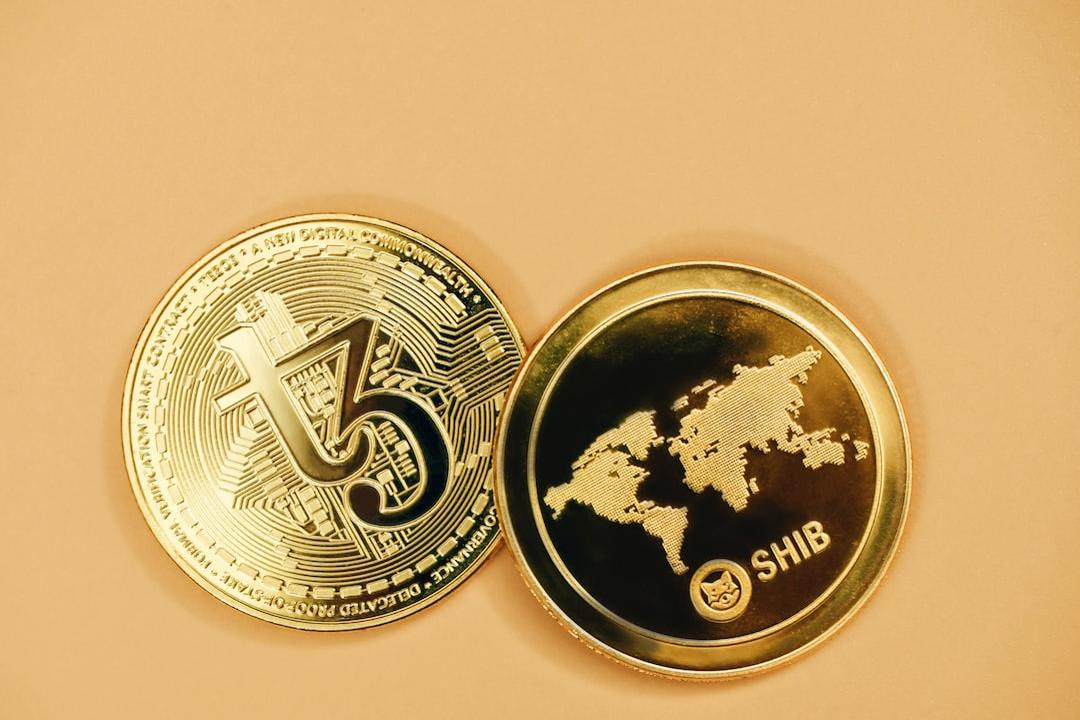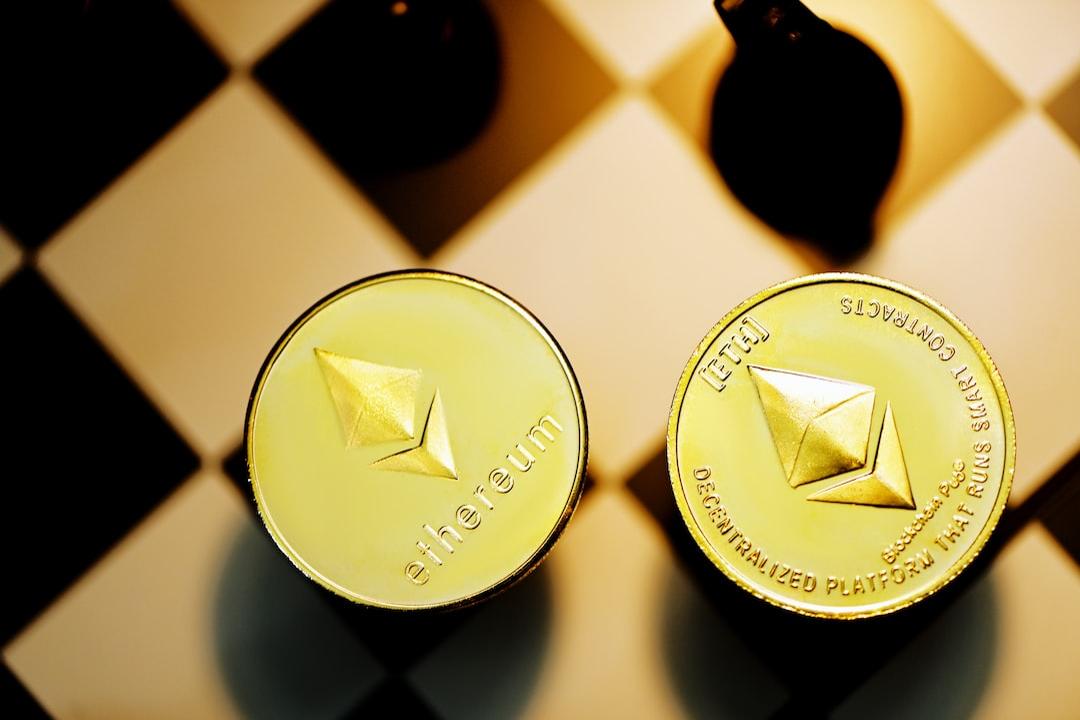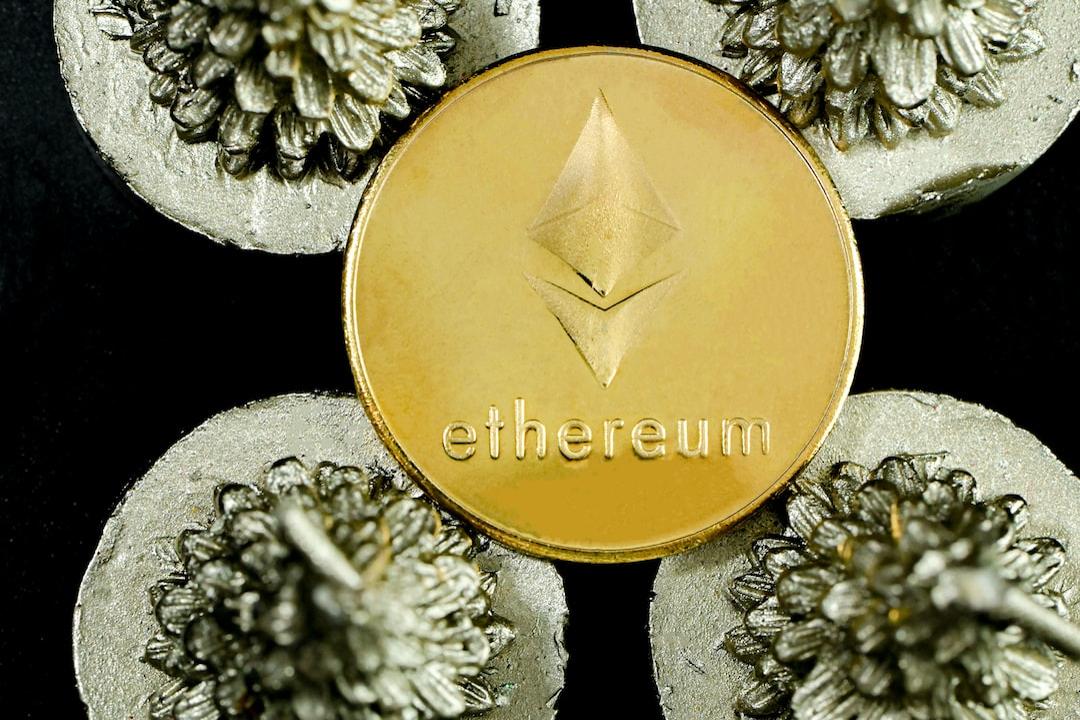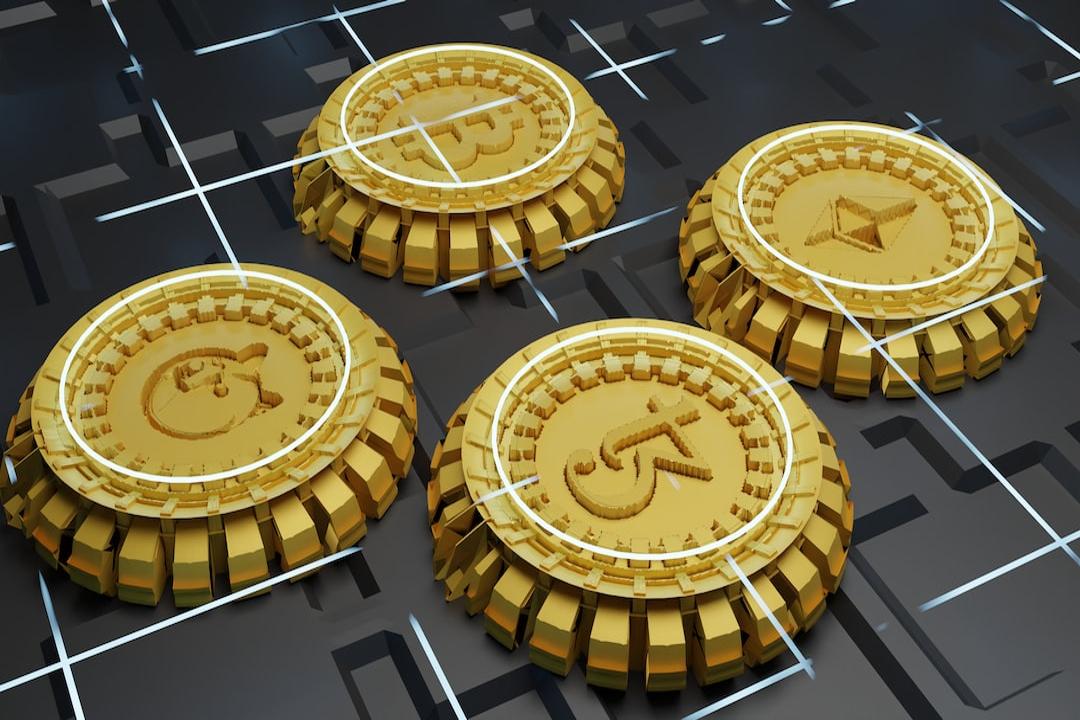The Solana ecosystem’s PayFi is making strides in cross-border payments, creator monetization, business lending, and subscription payments.
(Background:
The Singapore Solana Summit Breakpoint has concluded! The meme coin BONK hints at launching a spot ETF?)
(Table of Contents:
Sanctum: Creator Monetization and Cross-Border Payments
DePlan: Transforming Traditional Subscription Billing Models to Support Pay-Per-Use
Huma Finance: Cross-Border Payments and Business Lending
Kast: Cross-Border Stablecoin Payments
Fuse Wallet: Cross-Border Stablecoin Payments)
Users in the Solana ecosystem are likely familiar with the concept of PayFi, which has become a staple topic for Solana Foundation’s Lily Liu at industry conferences this year.
At the recent Solana Breakpoint conference, PayFi remained a key focus, with multiple Solana ecosystem PayFi projects announcing their latest updates and participation opportunities. PayFi can be simply understood as the application of blockchain technology to innovate payment systems, achieving a more efficient and cost-effective transaction experience.
The core emphasis of PayFi is the time value of money. In layman’s terms, money today is more valuable than money in the future because it can be immediately used for investment, consumption, or savings, potentially generating more returns over time. Conversely, future money, which requires waiting before it can be utilized, loses some opportunity cost and bears risks of inflation and other uncertainties, thereby decreasing its value. PayFi aims to help users maximize the time value of their money.
Understanding the future value of PayFi from its definition and vision might still be challenging. However, insights from some projects showcased at the Solana Breakpoint conference reveal that several PayFi initiatives primarily focus on cross-border payments, creator monetization, business lending, and subscription payments. Nonetheless, most PayFi concept projects still have high participation thresholds, requiring KYC and facing regulatory issues.
Sanctum, Solana’s liquidity staking protocol, launched two new PayFi products: “Creator Coins” and “Cloud Card.” According to their official Twitter, “Creator Coins” are an innovative digital currency solution that allows organizations and individuals to create, develop, and monetize their communities without requiring permission.
From the decline of Mirror to the soft rug of Friend Tech, creator tokens have been nearly proven unsustainable. What sets Sanctum’s “Creator Coins” apart? Firstly, creator tokens utilizing the “Creator Coins” scheme are also a type of SOL-based LST token. From the introduction in Sanctum’s “Creator Coins” registry, creators can establish their own community “Creator Coins” with just 1 SOL. Each token is supported by Sanctum’s unified liquidity layer, maintaining a 1:1 exchange rate with SOL.
Furthermore, for every creator token held by a creator’s supporters, the creator can earn approximately 1 USD. “Creator Coins” will change traditional membership subscription models, allowing users to enjoy benefits without subscribing. Creators can use their community’s creator tokens to provide various perks to community users.
According to Haven, the provider behind the Creator Coin loyalty program, builders like @umang_veerma shared that creators can offer three types of benefits to community users: discounts for maximum holders of their LST (creator tokens) at checkout in partnership with Solana Mobile and Shopify; exclusive access to TG groups for members of their LST community by some entertainment content creators; and airdrops of works for LST holders by artists.
The creators mentioned with “Creator Coins” are not limited to artists and influencers who create value through entertainment or social media; they also include professionals from various fields such as scientists, teachers, entrepreneurs, and inventors.
The initial use cases for “Creator Coins” focus on healthcare. For instance, flojo, the world’s first energy drink developed by neuroscientists, launched flojoSOL, which helps the flojo team build a loyal community and sell their energy drink directly, eliminating intermediaries. Another use case of “Creator Coins” is healthSOL, provided in collaboration with community member @bengshark, which offers free blood tests and medications to individuals with medical needs for early disease detection. HealthSOL carries a certain public welfare significance, allowing community users to expand the global clinic network and save lives worldwide.
Sanctum indicates that the “Creator Coins” scheme will be launched in the coming weeks, with registration channels now open. Another PayFi product from Sanctum is the SOL Cloud Card, launched in collaboration with BasedApp and Jupiter, which will support users in over 100 countries/regions using SOL and stablecoins. Sanctum noted that the user experience of the “Cloud Card” will differ from ordinary cloud cards, though specific differences have not been disclosed.
This card is set to launch in Q4 of this year, with early registration for participants currently available. Additionally, Sanctum’s “Creator Coins” will also have use cases within the “Cloud Card.”
From DePlan’s official introduction, the purpose of launching DePlan 2.0 on Solana is to address the pain points of traditional subscription models. It supports payment based on usage intensity and allows for pay-per-use.
Under traditional subscription models, consumers are forced to pay monthly or annual fees to access subscription content, but often, users rarely or never utilize these membership benefits after subscribing. Now, if users utilize DePlan’s payment scheme, they can avoid such unnecessary payments.
When users create an account on DePlan, a Solana wallet is automatically generated to record transactions. Whenever users interact with some paid subscription products, interaction data will be logged. DePlan can track user usage intensity, providing corresponding payment plans and deferring payment until the end of each month. At month-end, users will see a comprehensive subscription bill, with funds automatically distributed through smart contracts to the consumed products. If certain subscription content has not been used at all, no payment is required.


From Huma Finance’s recent presentation and public interviews at Solana Breakpoint, it is noted that Huma Finance, focusing on PayFi, initially launched on Polygon but recently announced plans to go live on Solana and Stellar around October.
Huma allows businesses and individuals to access global investors on-chain and secure loans against future income, along with accounts receivable purchasing functionality. Huma’s PayFi network is primarily targeting business payments, trade financing, and remittance scenarios, which are valued in the trillions of dollars. In April of this year, Huma acquired the liquidity and settlement platform Arf to enhance the adoption of tokenized assets. Currently, Arf is also the core application of Huma.
Arf provides short-term loans to financial institutions globally. Currently, Arf’s bad debt rate stands at 0, generating an annualized return of 20% for institutional lending, with funding costs around 12% to 13%. Thus, Arf offers investors a low-risk return of over 10%, exceeding the yield of U.S. government bonds by approximately 7%. Meanwhile, Arf maintains a gross profit margin of 8% to 10%.
In terms of cross-border transfers, Arf addresses prepayment issues through blockchain and stablecoins. For example, traditional payment channels like Swift are costly and time-consuming, while Arf enables rapid transfers from point A to point B using stablecoins, significantly reducing the pressure of advance payments. Arf has integrated Circle’s USDC to optimize the transfer process.
To date, Arf has processed nearly $2 billion in on-chain transactions, with actual lending amounts around $20 million. Arf aims to scale its lending to between $80 million and $100 million by the end of this year, reaching $200 million to $250 million next year.
According to Huma Finance founder Richard Liu’s roadmap, Huma Finance will introduce new products, including a “T+0 Settlement System,” in the coming quarters. The T+0 settlement service aims to achieve same-day settlement, while many places currently can only achieve “T+1 Settlement,” meaning settlement occurs the next day.
Huma Finance will also expand DePIN finance and implement decentralized plans for the platform.
Kast is a payment card that supports cross-border spending with stablecoins, covering over 100 countries/regions. Users can download the Kast app from Google Pay and the Apple Store.
At the Solana Breakpoint conference, Kast launched four tiered payment cards exclusive to the Solana ecosystem: Solana Card (Free), Solana Illuma (10 SOL), Solana Gold (50 SOL), and Solana Solid (250 SOL), each tier corresponding to different costs and benefits.
Overall, by using the Solana card on Kast, users can enjoy 0% commission, staking SOL for annual yield benefits, cashback on spending, and KAST points. For instance, the free virtual card at the lowest tier offers benefits such as earning 3-5% KAST points on all spending in 2024, and the APY for staking SOL can increase by 3.5-7%.
The highest tier, the Solana Pure Gold Card, is offered in limited quantities, with only 100 slots available. Users need to pay 250 SOL to purchase it. However, the benefits include earning 12-18% on all spending in 2024 and an APY increase of 14% to 21% for staking SOL.

Solana ecosystem’s smart wallet Fuse Wallet announced a collaboration with Bridge to launch Fuse Pay. Fuse Pay integrates a Visa virtual card, allowing users to make stablecoin payments and purchases through Fuse Pay.
Fuse Pay utilizes Squads Protocol’s smart accounts to ensure users’ credit cards are fully self-custodied. Fuse Pay is currently targeting users in the United States, with plans to roll out in more countries and regions later this year.


Related Reports
Web3 Booking Platform Travala “Integrates Solana”: Earn 10% Cryptocurrency Cashback on Future Flight and Hotel Bookings
The New Solana Phone Seeker Debuts: Can You Also Profit from Airdrops This Time?
MakerDAO Generously Distributes: Offering 2 Million SKY Rewards Weekly, Accelerating Cross-Chain Solana via Wormhole


